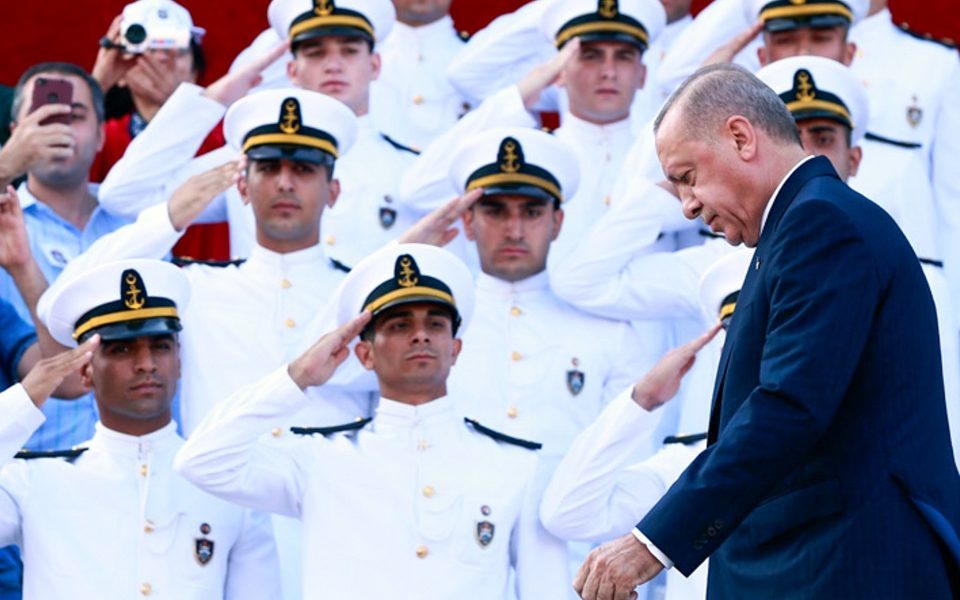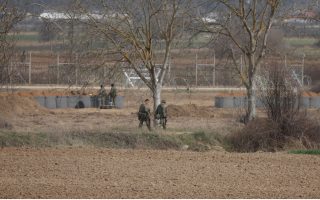Avoiding the trap

Ankara is not being secretive about what it wants, putting all its claims on the table and increasing its activities in the Aegean. What we once saw as excessive has become routine. Overflights above big Greek islands, for example, did not used to be part of the Turkish repertory but now they are a common occurrence.
Here in Athens, we try every so often to guess at what is happening. Mediators, parallel channels of negotiation, and initiatives by other countries generate hope that the situation can be defused, but only briefly. When Athens sends a message seeking to restart exploratory talks, for example, it doesn’t even get an answer from the other side. Key people Greece could once talk to have all but disappeared from the Turkish stage and no longer have access to the Palace.
Turkey’s tactic is to increase the psychological pressure on Greece and impose faits accomplis, where it can get away with it. There is enough evidence to suggest that it is seeking to create tension, even perhaps some kind of incident. The ultimate goal is talks, perhaps after some incident or when the tension reaches such a point that an incident becomes likely. Ankara has been waiting patiently to achieve just this since the spring of 1974.
It invested in its defense and acquired relative independence from the United States and other powers. As time went by, it kept bringing new claims to the negotiation table. Its so-called “gray zones” of sovereignty in the Aegean are a typical example.
But we can’t turn back time. Whether an agreement and recourse to The Hague over the unsolved issues 30 or 45 years ago would have been better than what we have now is a question for future historians. Today we need to deal with an unstable international arena and a Turkey that feels like a regional superpower while also facing a massive economic crisis. And, of course, President Recep Tayyip Erdogan is no longer the same man past Greek prime ministers had met and spoken with.
But no matter how much the other side baits us, Greece needs to avoid falling into the trap of uncontrollable tension. There are, of course, certain red lines that were drawn several years ago with the consent of the country’s political leadership that are non-negotiable. Greece made its determination clear in Evros earlier this year, taking action instead of sending a message devoid of substance.
In this present phase, time is probably on Greece’s side. Turkey’s economic and political future is somewhat hazy right now and Greece has finally started restructuring its armed forces. A deal right now seems unlikely given the situation in Ankara. The tactic of catenaccio is just as wise in diplomacy as in soccer, on the condition that you control the game and aren’t being scored against.




